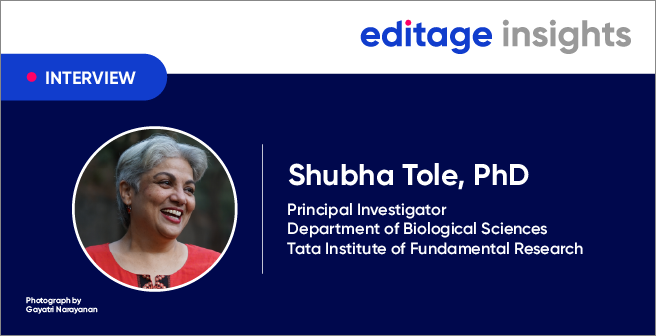The strange worlds of academe

It shall be called “Bottom’s Dream” because it hath no bottom.
– A Midsummer Night’s Dream, William Shakespeare
Undertaking a PhD (and by default, preparing for a Viva) can feel sometimes like one of those impossible tasks set to unfortunate protagonists in fairy tales – spinning straw from gold, sorting grains of wheat from a threshing floor, or guessing a secret name. One can never read every book, every article, or attend every lecture, every conference. You have to give it your best shot, of course, but it is an endless task.
There is something bottomless about it, like Bottom’s Dream. This can easily lead to panic or despair – especially as the Viva approaches. One simply cannot reread everything that has taken four to seven years to sift through. There are strategies – speed-reading, prioritization, etc. – but concomitant to that I suggest a folkloric ‘reframing’ of the experience. The fathomless quality of academic research reminds me of the illimitable quality of Faerie – which many people have tried to ‘map’ (through novels, stories, poems, music, articles, critical works, etc.) but no-one can claim, in all honesty, to have comprehensively chartered. When a character falls into it, they can fall forever. Entering into the ‘special world’ of Academe (to use the motif of the Hero’s Journey) feels like that – it is a Perilous Realm of unusual potentialities. The unwary scholar may meet allies or enemies (hard to tell one from the other in this topsy-turvy Carrollian universe), behold wonders and terrors, and find oneself returning years later, out-of-sync with one’s friends and family, alone and palely loitering after being cast out by La Belle Académie Sans Merci.
In PhD research, each article or book or lecture is a potential portal that can devour (a cursory browse and before you know it… hours or days have passed); and each theory a fairy distracting, seducing, leading one astray… each jealously demanding of your attention. If you don’t honour these Theory-Fairies, paying them due tribute in your work, they can become very cross and cast terrible curses upon you. They love to be talked about, appreciated, cited and placated. Leave a saucer of cream for them in your text or pay the price! All those voices clamouring for attention (‘Don’t forget me! Or me! Or me!’) – it’s enough to drive you mad.
One simply has to hold one’s nerve. Trust in your thesis. In your original version. Don’t let yourself be drowned out by those giants (or dwarves-on-giants) whose shoulders you stand upon. Academe is a Narcissistic echo-chamber, in love with its own voice. It wants to feel that only it has something important to say – and that anyone outside it is impertinent to have an opinion. Those with the most ‘complete’ mastery of the sources and debates are validated the most, even if they don’t really have anything new to add, while the truly original voices are discredited by simply being ignored, unless they can be critically ‘framed’ and thus assimilated and neutralised in some way. It is very easy to get lost in this hall of mirrors – like the characters of Susanna Clarke’s Jonathan Strange and Mr Norrell walking the King’s Road. You can wander for years if you’re not careful. Lose your sense of identity (or ‘voice’) as a writer. Luckily, my long-time fascination with the Fairy Tradition and delight in paradigmatic transmigration – walking between worlds of different kinds – has equipped me with a workable compass and solid sense of my own mutable, resilient self: a restless constancy that thrives on wildly diverse worlds.
Dr. Kevan Manwaring (@bardicacademic) is a Teaching Fellow in Creative Writing at the University of Leicester.This story was published on October 16, 2018, on Dr. Manwaring’s blog, The Bardic Academic (available here), and has been republished here with his permission.




